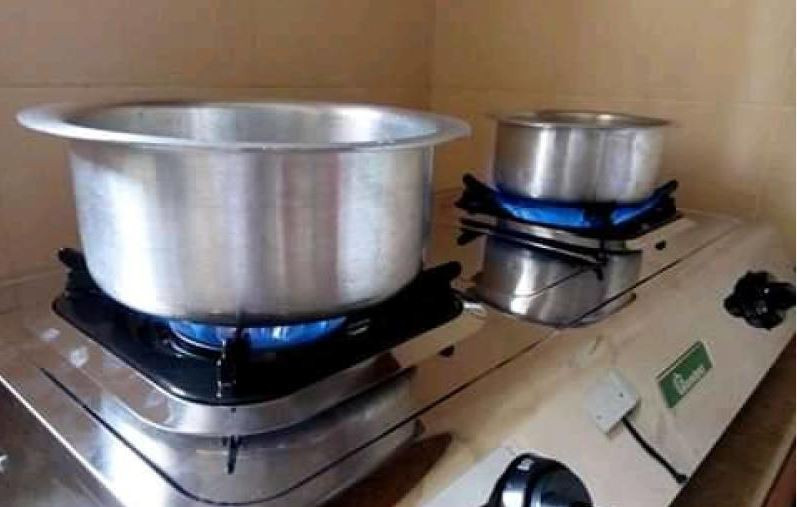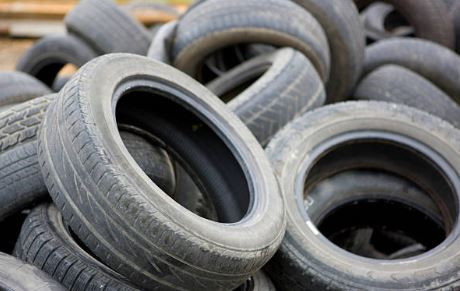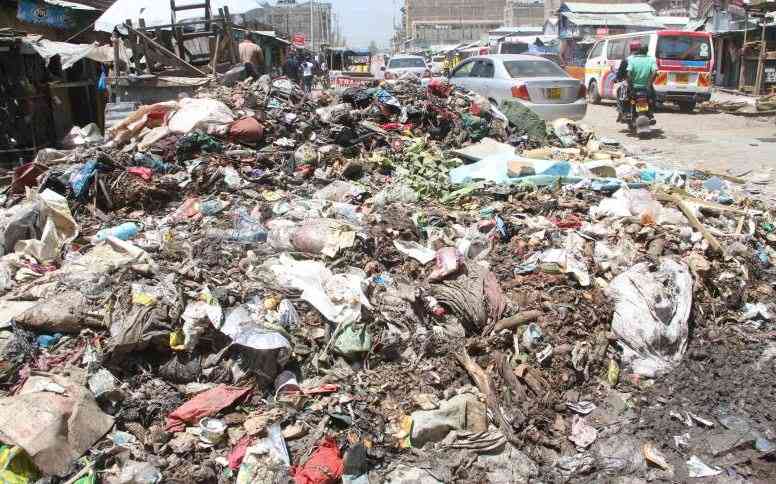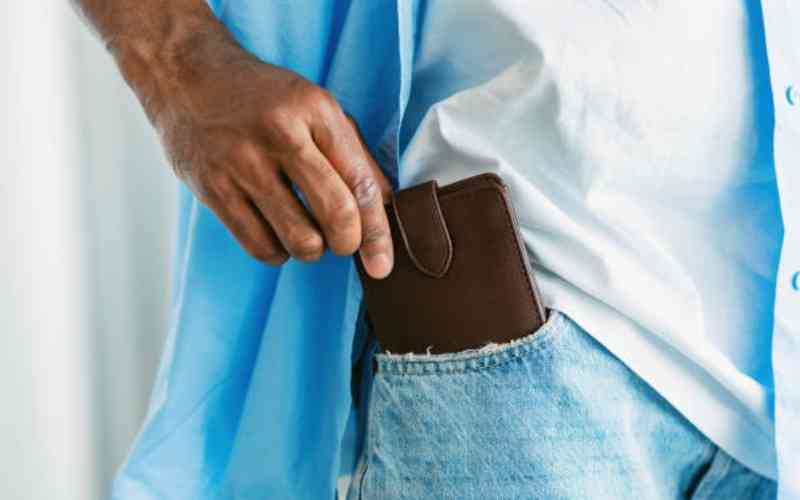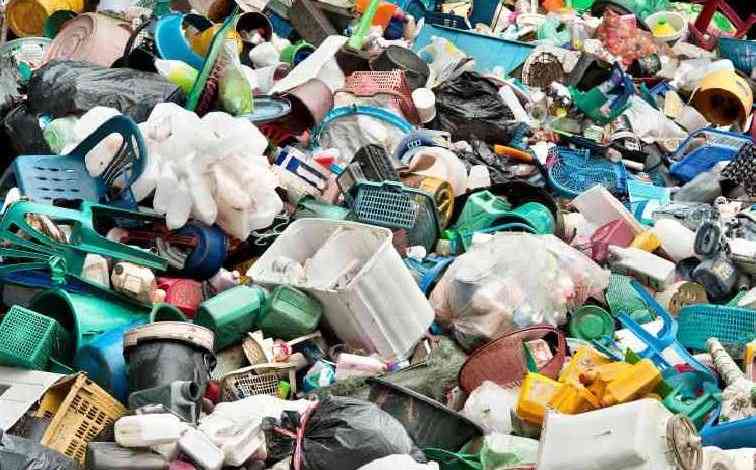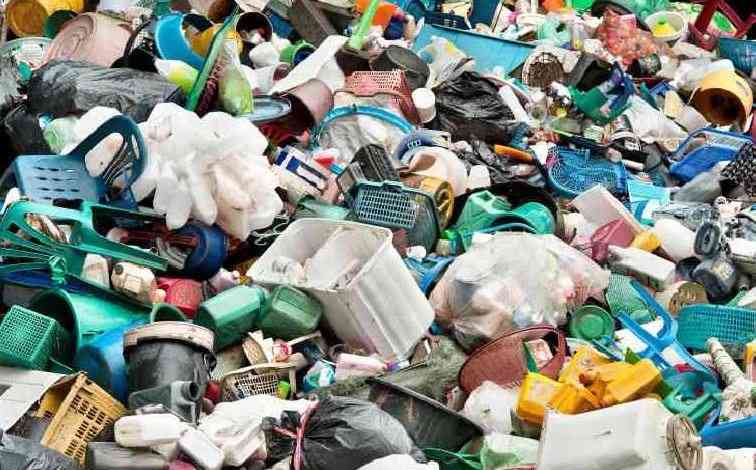
Plastic waste has been a national and global scourge. The problems associated with plastic waste instigated Kenya to ban single use plastics in 2017. The move was lauded as groundbreaking as it promised restoration and protection of the environment. This was a way of leveraging the effects of climate change in Kenya through sound policies.
However, despite the success of the ban, the country is still grappling with the pollution scourge. Part of the reason is that the single use plastic ban did not include many other forms of plastics such as rubbish bags, bottles and take away containers.
Consequently, plastic waste still affects the ecosystem, human health and even wildlife. Such a waste can take up to 500 years to decompose.
As part of the means to tackling the problem of plastic pollution in his region, Edward Mburu, a Nanyuki-based entrepreneur, has initiated a project aimed at making better use of discarded plastics. He makes products including benches, flower vessels and stools.
“Having engaged in other activities that help conserve environment, the plastic issues still remained a consistently growing problem that is even affecting solutions that are meant to conserve environments like afforestation. With soils contaminated with plastics it hinders natural growth of plants and also harms animals. If a solution is found for plastics, other efforts will be two times effective and we will have a cleaner environment” Mburu says.
Mburu’s furniture is not only durable but also beautiful. At the same time, they are less costly compared to regular furniture. This gives consumers the benefit of having cheap but sustainable and durable furniture that can also be used in any home setting.
“Our focus is to embrace the beauty of sustainability with our affordable benches and poles from recycled materials which are also strong and durable” says Mburu adding that not only are recycled plastic furniture durable and cost-effective, but they also represent a crucial step towards reducing our environmental footprint. When you opt for recycled materials, you’re supporting a sustainable cycle that diverts waste from landfills and reduces the demand for virgin plastics”
The benches go for Sh6,000 a piece while a stool is sold for Sh4,000. A flower vase is sold at Sh5,000 while a six-inch plastic pole is sold for Sh190 and a 5-inch one costs Sh155.
- Day out with the trash trackers of Mukuru slums
- Toxic air keeps Athi River residents on edge
- Study reveals copious amounts of plastic in human testicles
- Slaying the 'killer in the kitchen'
Keep Reading
Mburu says the business is making good profits and there are hopes that the returns will even be higher in the coming months.
“At the moment, we are making enough to sustain and improve the business operations. As time goes by, we are expecting the business to be more profitable” Mburu discloses to City Biz.
To produce these products, Mburu and his team collect or buy plastic waste from individuals or dealers and then transform them into shredded plastics. These are then turned into high quality granules which are then used to craft the different furniture products.
To succeed in this business, Mburu says that one needs to have technical knowledge including the different types of plastics and their respective properties.
Alongside these is the experience on apparatus, tools and equipment used in the recycling process and how to operate and maintain them.
For him, he had to undergo an extensive training process. He also brought on board skilled and experienced employees to help him run the operations.
However, just like any other business, Mburu’s recycling business has also its share of challenges. The main ones are high start-up costs, including money to buy equipment and stringent licensing regulations. Besides, not many Kenyans are yet to embrace the value of recycled products.
“The licensing and start-up costs for recycling operations are very high, and the Kenyan market for recycled products is still young. It will take time to educate people about the value of recycled plastics. However, we are hopeful of things getting better,” he says.
For now, Mburu and his team are focused on expanding the reach of this business in different parts of their country.
They have already set base in Nanyuki, Nyahururu, Isiolo, Nakuru, Nairobi, Rumuruti and other parts of the country.
 The Standard Group Plc is a multi-media organization with investments in media platforms spanning newspaper print
operations, television, radio broadcasting, digital and online services. The Standard Group is recognized as a
leading multi-media house in Kenya with a key influence in matters of national and international interest.
The Standard Group Plc is a multi-media organization with investments in media platforms spanning newspaper print
operations, television, radio broadcasting, digital and online services. The Standard Group is recognized as a
leading multi-media house in Kenya with a key influence in matters of national and international interest.


